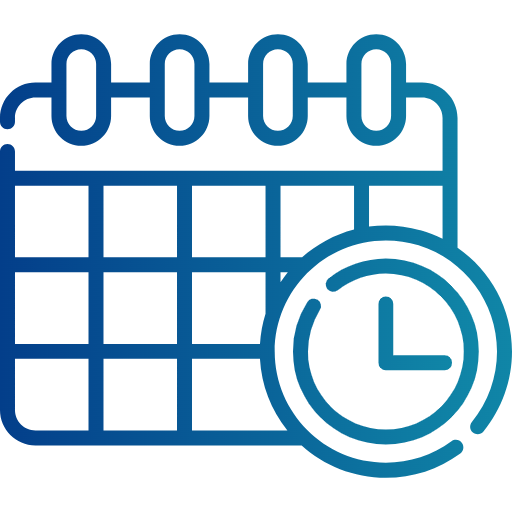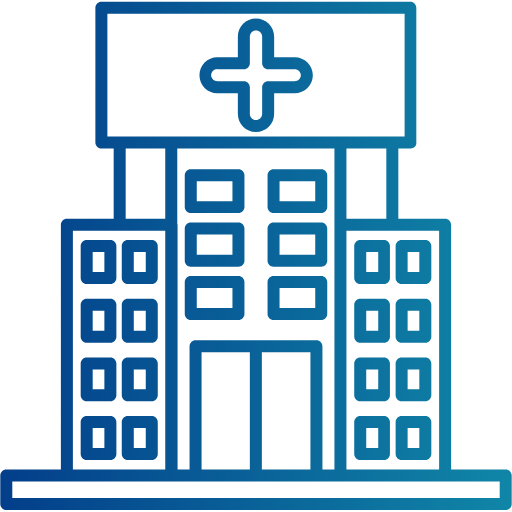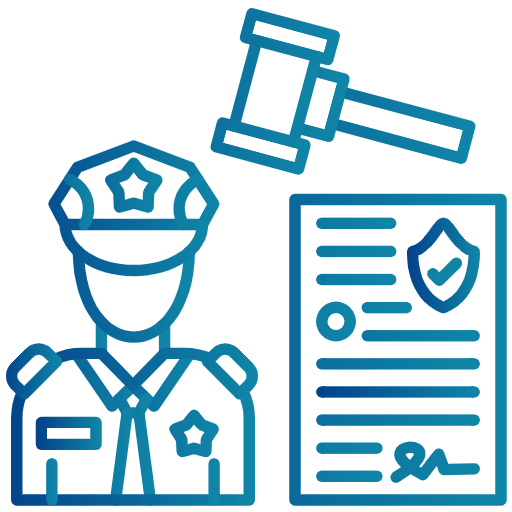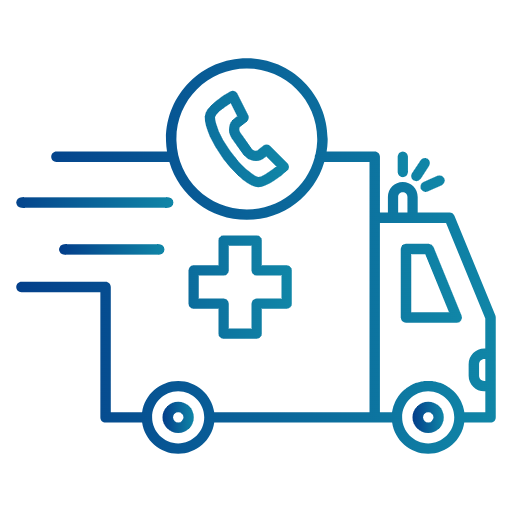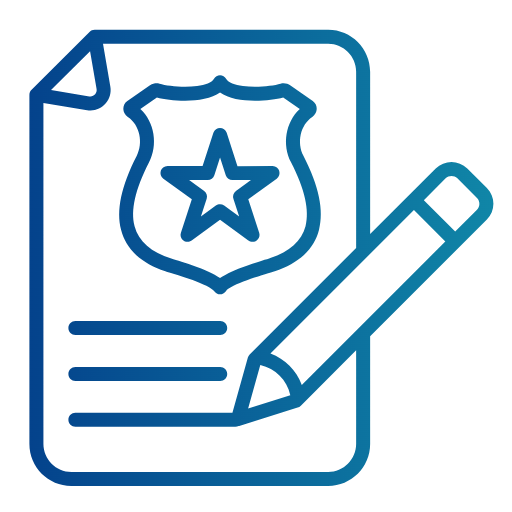In healthcare, staffing challenges remain one of the greatest threats to both operational efficiency and workforce morale. At the heart of many of these challenges lies one surprisingly common issue: rigid, hard-to-use scheduling tools that don’t reflect the way healthcare workers live and work today.
At Care Systems, we believe that smart technology should empower—not frustrate—your staff. That’s why mobile-first and self-scheduling tools are no longer just nice to have; they’re essential for modern healthcare delivery.
Why Mobile Access Is a Game Changer in Healthcare Scheduling
Healthcare is one of the most dynamic, around-the-clock environments. Staff need to access their schedules quickly, submit shift requests, or make last-minute changes without being tied to a desktop.
Yet, many hospitals still use outdated systems or desktop-only scheduling tools, which create bottlenecks in both communication and efficiency.
With mobile scheduling, staff can:
- View and manage schedules on the go
- Swap or pick up shifts in real time
- Receive reminders and alerts
- Avoid missed shifts due to outdated or unclear information
In fact, over 80% of nurses use smartphones during clinical practice (Schroeder & Moore, 2018). If your scheduling platform isn’t mobile-optimized, you’re missing a critical opportunity to connect with your workforce where they already are.
The True Impact of Self-Scheduling: Flexibility and Autonomy
Self-scheduling gives nurses and other healthcare professionals a say in when they work—improving job satisfaction and retention. When combined with mobile access, self-scheduling becomes a powerful driver of engagement and flexibility.
Organizations that have implemented mobile self-scheduling have reported:
- Fewer scheduling conflicts and grievances
- Significant time saved for managers
- Improved work-life balance for staff
- Decreased reliance on agency and overtime
According to Nursing Economic$, hospitals with self-scheduling practices saw a 30% drop in scheduling-related grievances and a 22% boost in retention.
Common Pitfalls: When Good Tech Fails Due to Poor Execution
Despite the advantages, mobile scheduling tools don’t always deliver the results healthcare leaders expect. That’s often not because the tool is bad—but because the implementation is rushed or lacks staff buy-in.
Some common pitfalls include:
- Clunky, confusing mobile interfaces
- Lack of proper training or onboarding
- Poor change management strategies
- Failure to tailor workflows to nursing teams
At Care Systems, we’ve helped multiple clients overcome these challenges by designing intuitive, easy-to-learn tools—and by supporting implementation with structured training and adoption plans.
Real Results: Empowerment in Action
In one recent implementation at a 300-bed regional hospital, replacing an outdated system with a mobile-first scheduling solution led to:
- 40% fewer missed shifts
- 80% staff participation in self-scheduling
- Three fewer full-time equivalents (FTEs) needed to manage schedules
This isn’t just a technology upgrade—it’s a culture shift that puts power back in the hands of those delivering care.
Final Thought: It’s Time to Empower the Frontline
Healthcare workers deserve tools that respect their time and support their work. Mobile and self-scheduling solutions do exactly that—when implemented correctly.
If your team is still using outdated or desktop-only scheduling tools, it might be time to ask:
Is our system helping, or holding us back?
At Care Systems, we help organizations modernize scheduling through intuitive design, smart workflows, and expert support.
Let’s talk about how we can help empower your workforce. Schedule a free consultation today!


